Understanding your dog’s emotions is crucial, yet many pet owners overlook the subtle signs. Do you really know when your dog is happy, sad, or anxious? Here are 22 signs to help you read your pet’s emotions and be the owner they deserve.
1. Wagging Tail
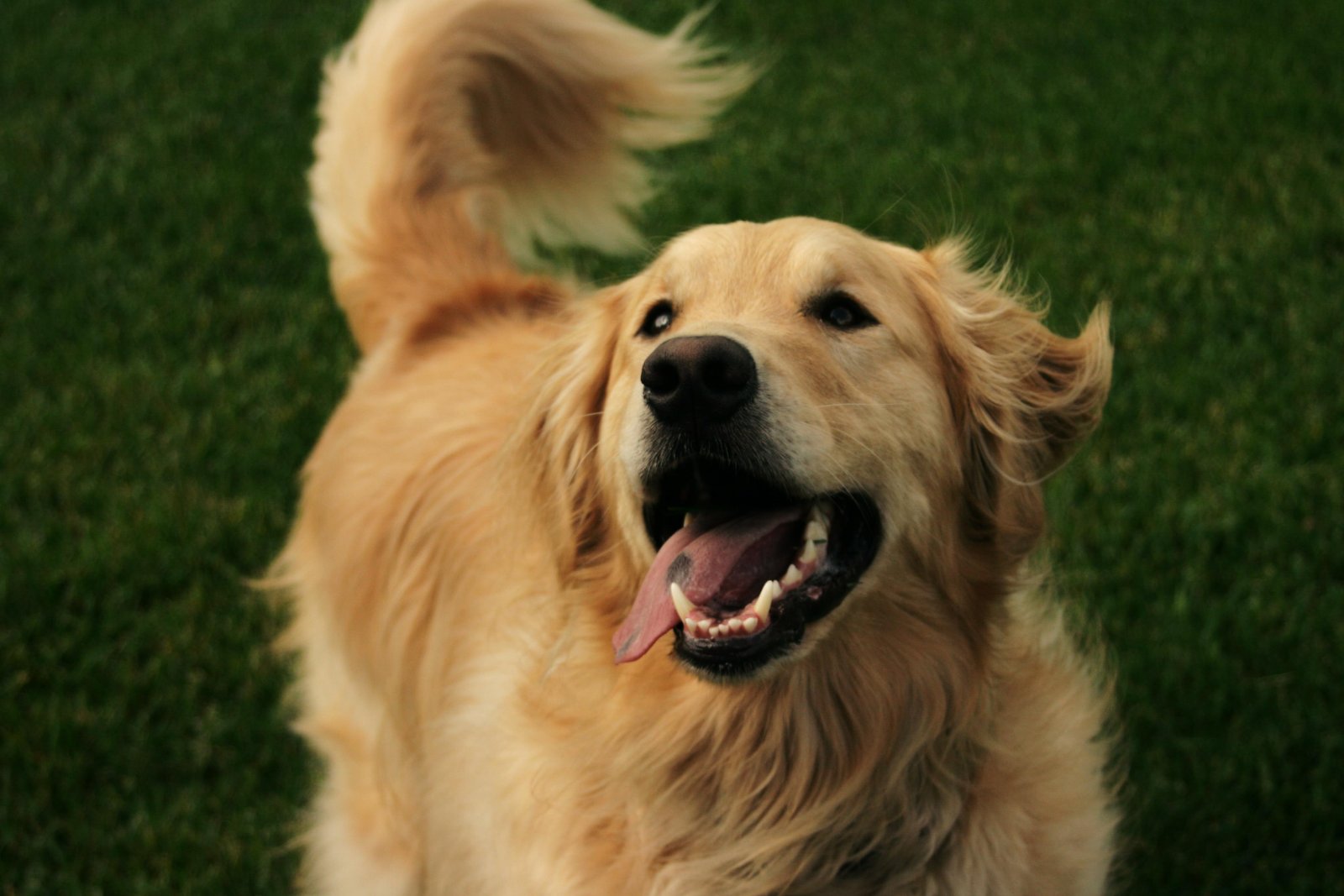
A wagging tail usually means your dog is happy and excited. But if it’s low and slow, they might be anxious.
2. Relaxed Ears
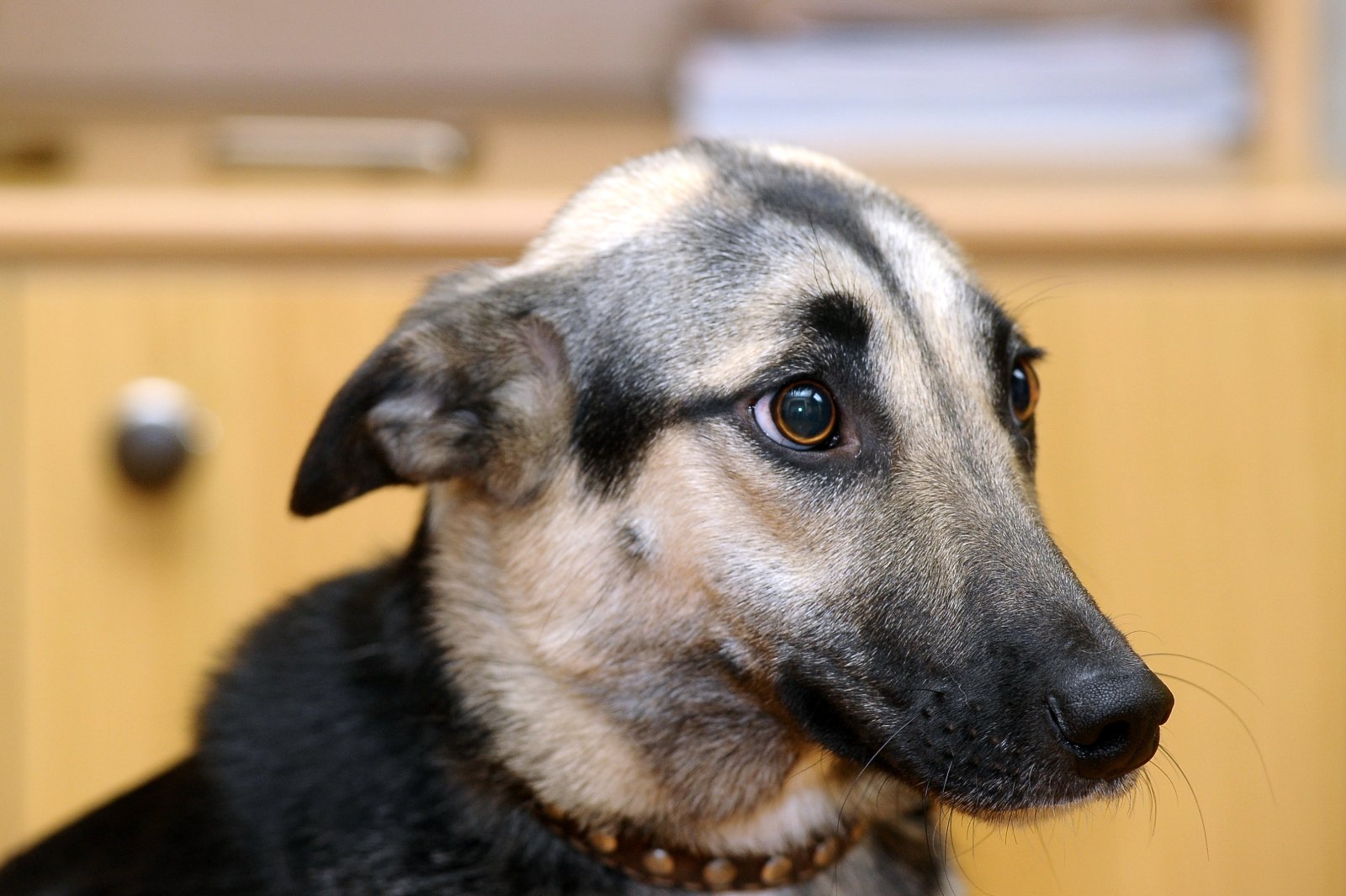
When your dog’s ears are relaxed and in their natural position, they are content. Pinned back ears can indicate fear or anxiety.
3. Play Bow
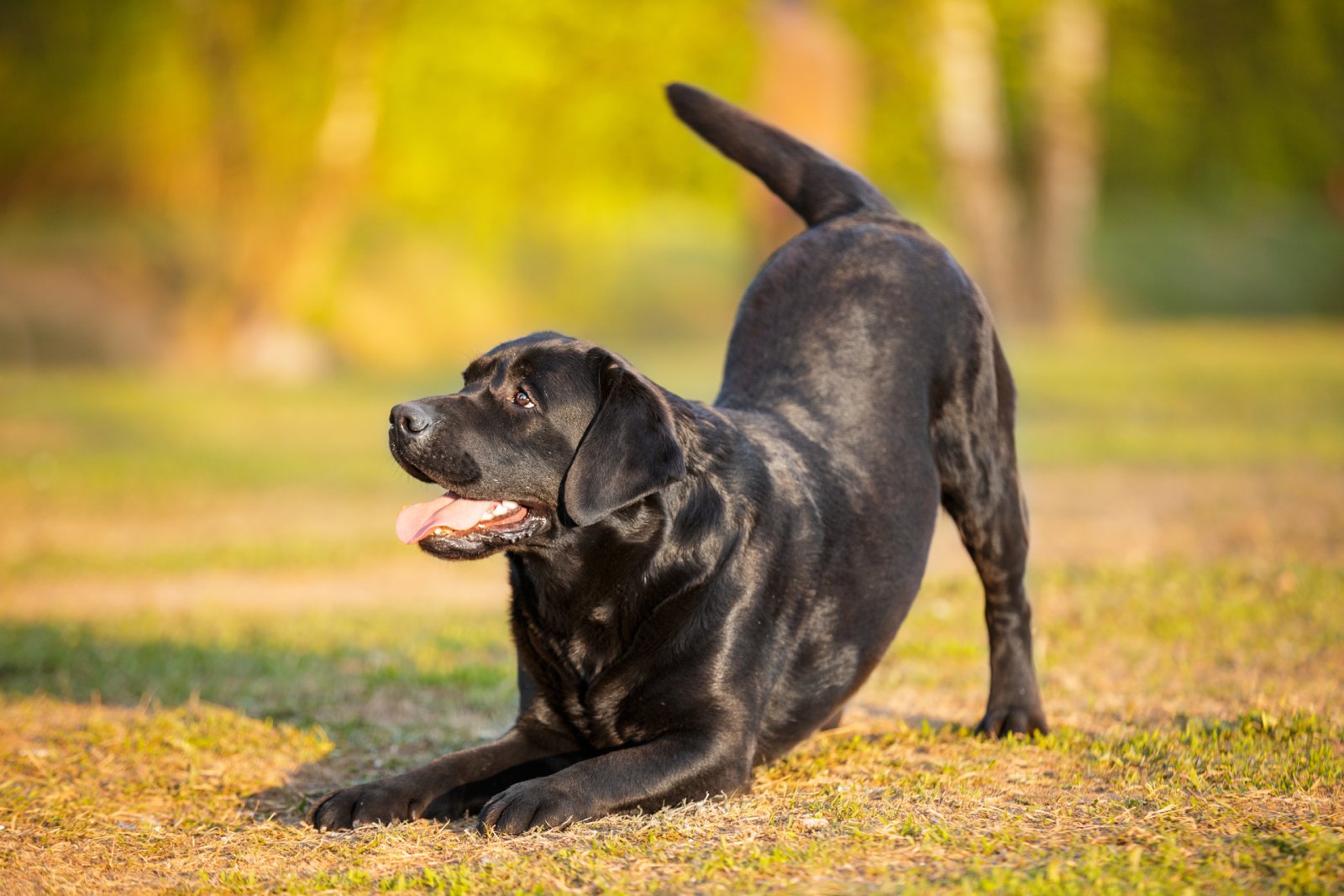
A play bow, where your dog lowers their front legs and keeps their rear up, signals happiness and readiness to play. If they rarely do this, they might not be feeling great.
4. Licking Lips
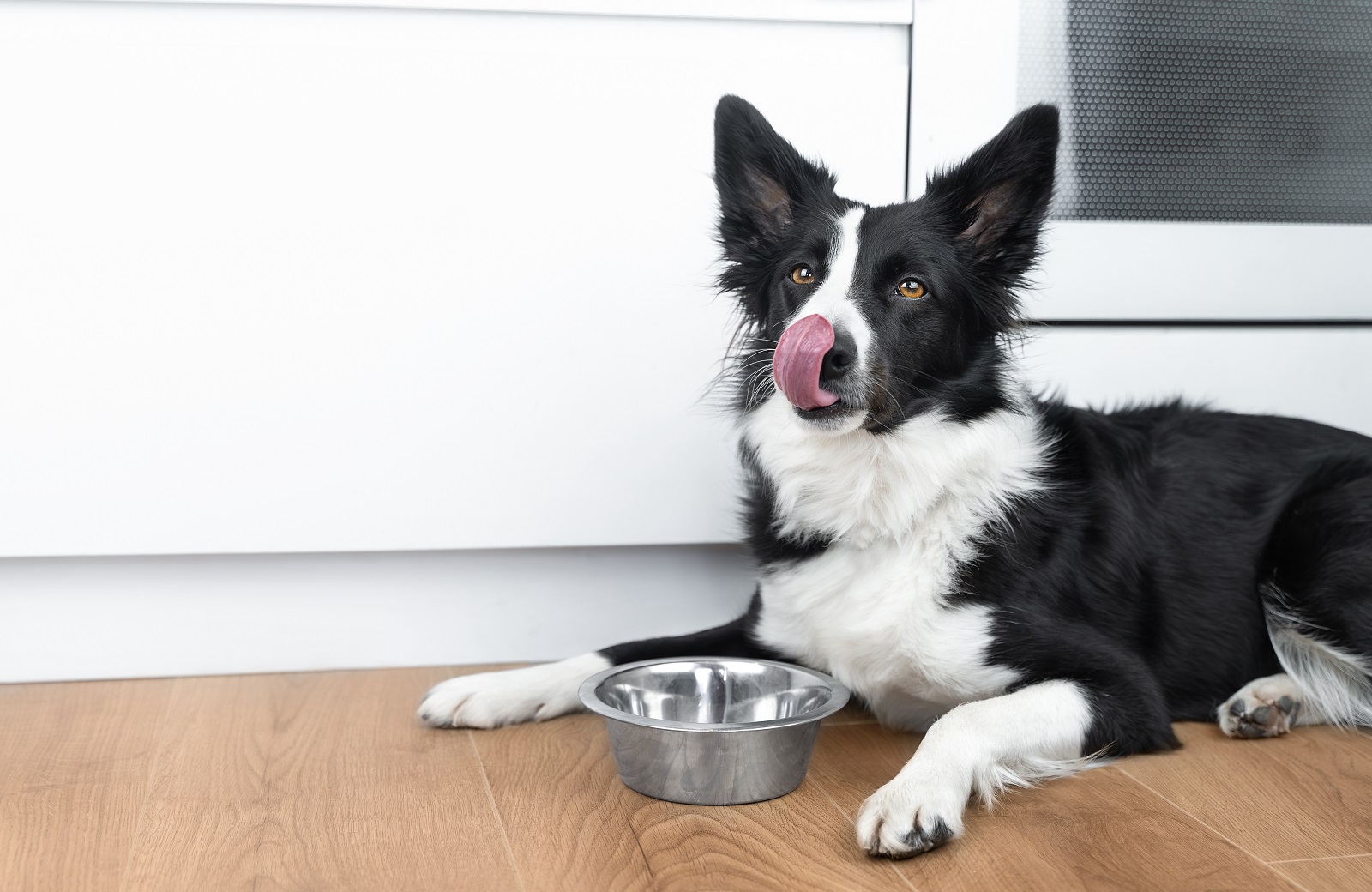
Frequent lip-licking can be a sign of anxiety or stress. It’s not just about being hungry.
5. Yawning

Dogs yawn when they’re tired, but also when they’re stressed. If you see a lot of yawning, consider if something is bothering them.
6. Pacing
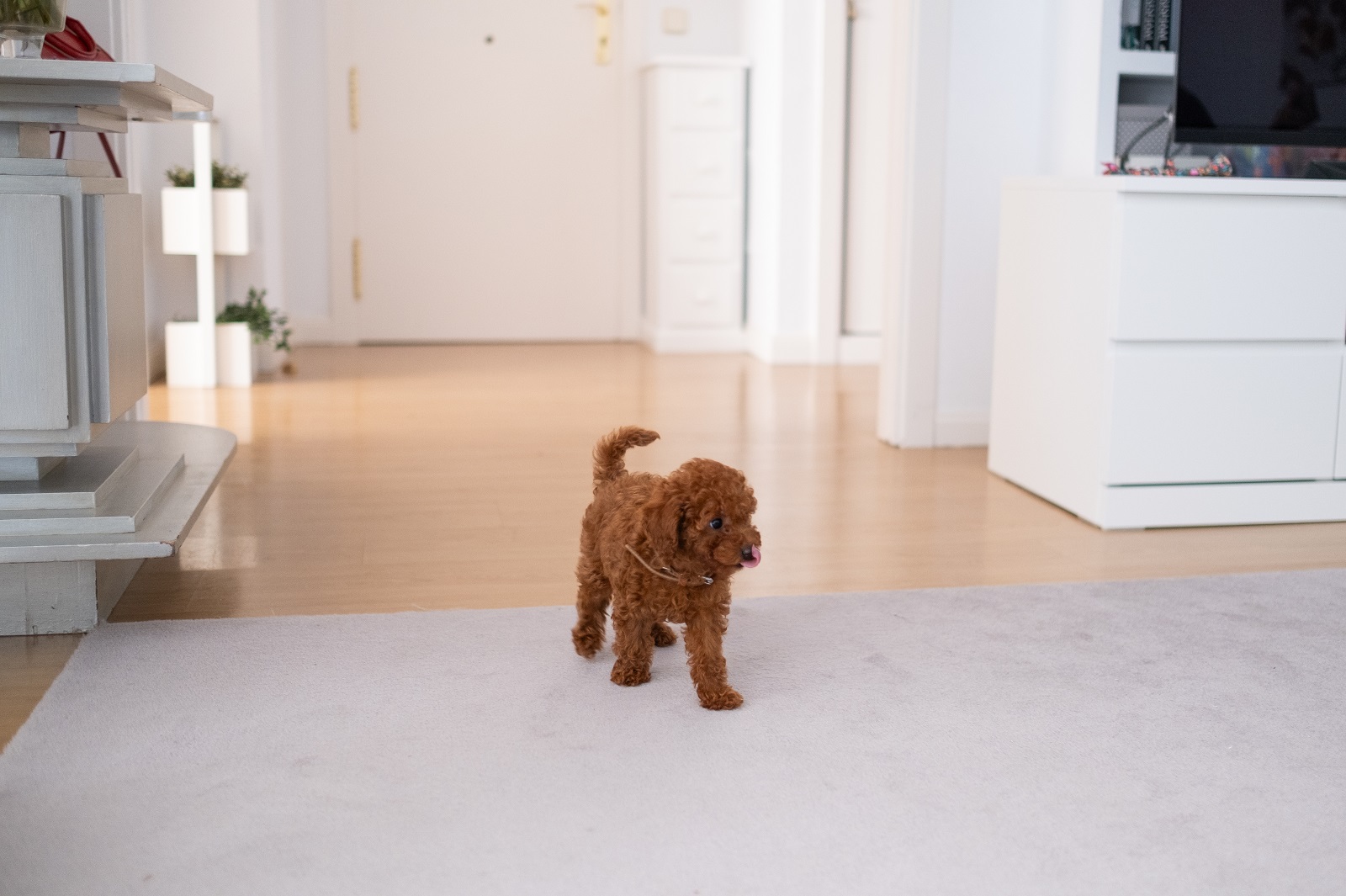
Pacing back and forth is a sign of anxiety. It shows they’re uncomfortable or worried about something.
7. Avoiding Eye Contact
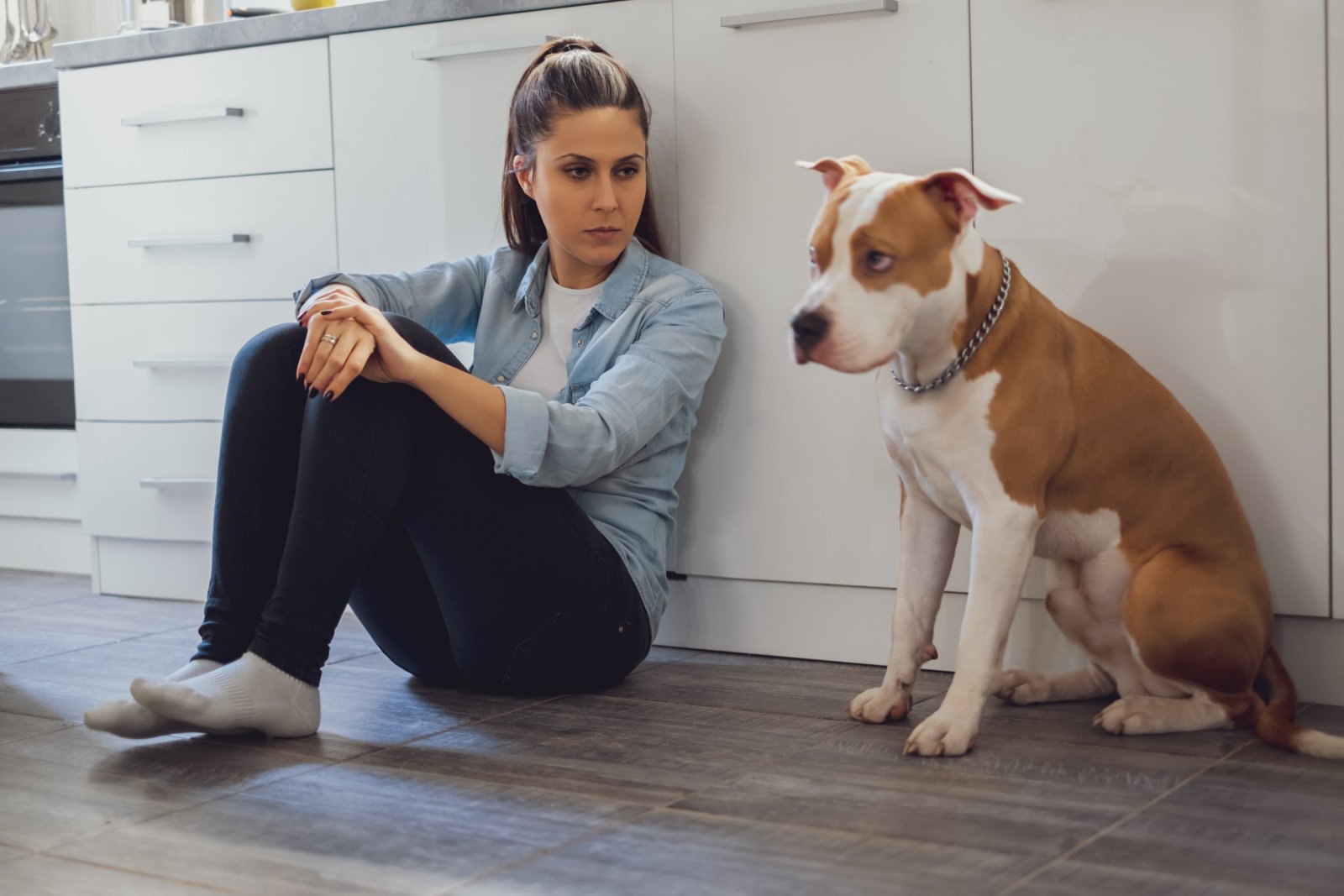
When your dog avoids eye contact, they might be feeling nervous or submissive. Don’t ignore this subtle plea for reassurance.
8. Dilated Pupils
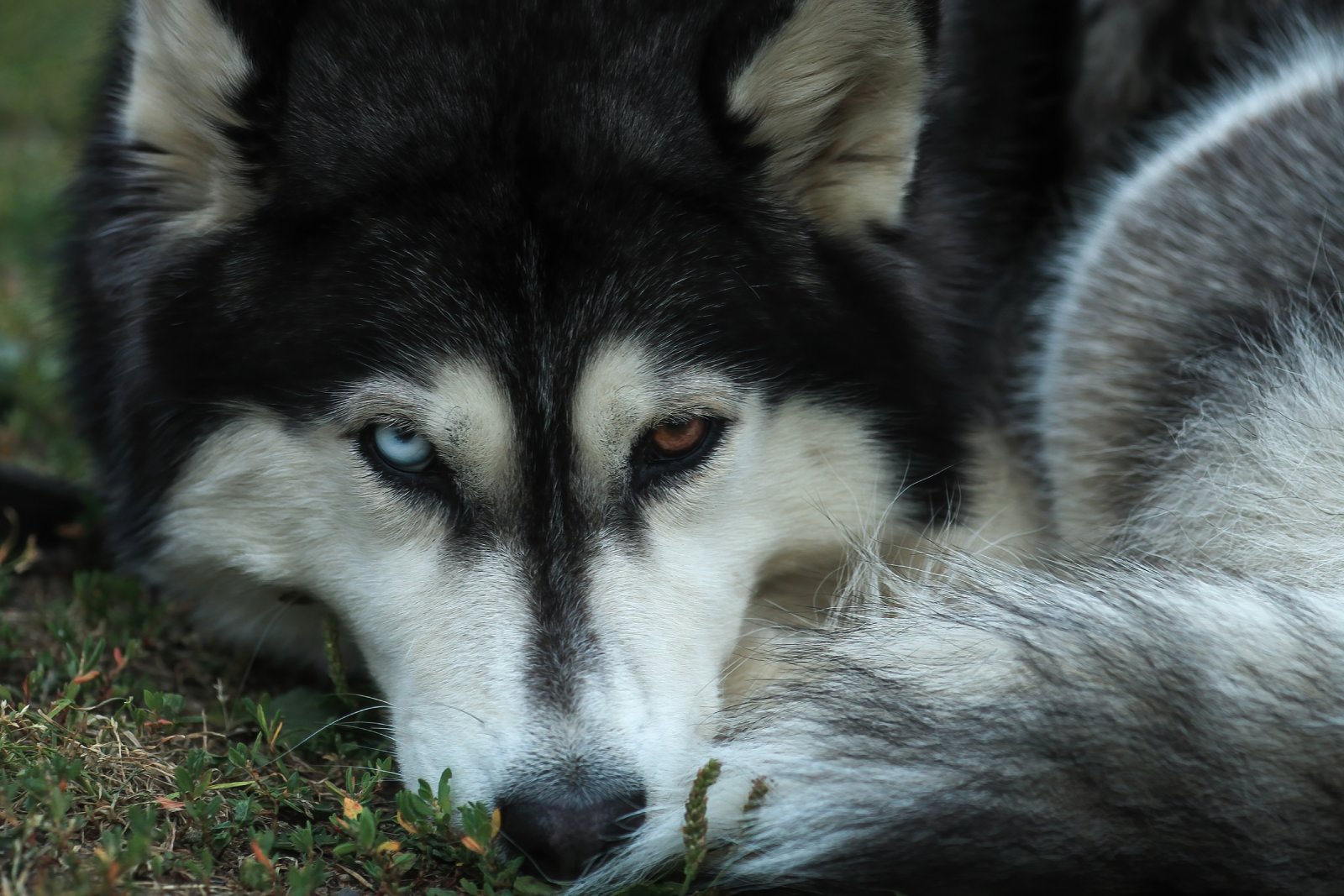
Dilated pupils can indicate fear or excitement. Pay attention to the context to understand which it is.
9. Shaking

Shaking isn’t just about being wet or cold. It can also be a sign of stress or fear.
10. Barking or Whining
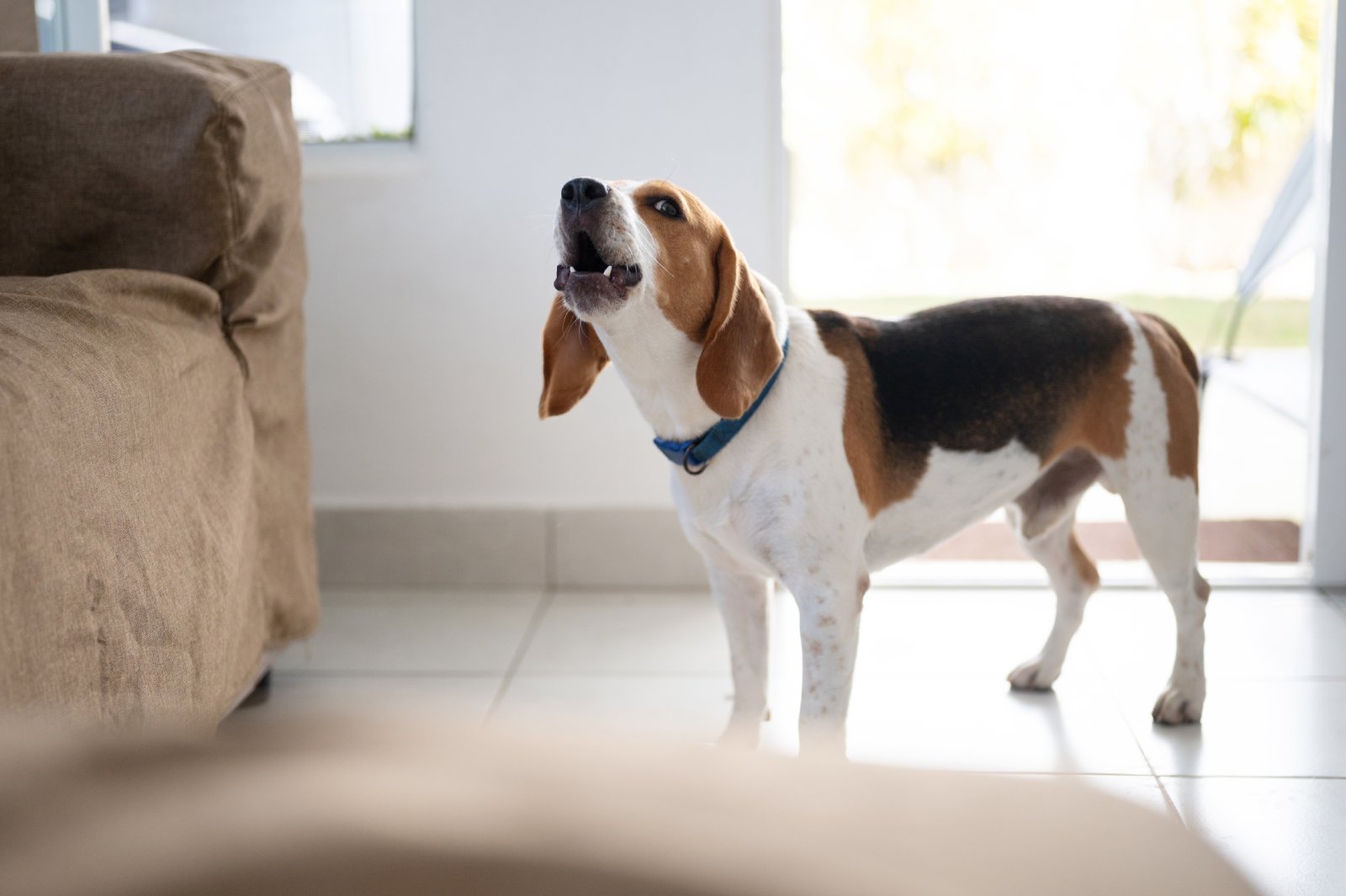
Excessive barking or whining often means your dog is anxious or needs attention. Don’t just shush them; figure out why.
11. Tail Between Legs
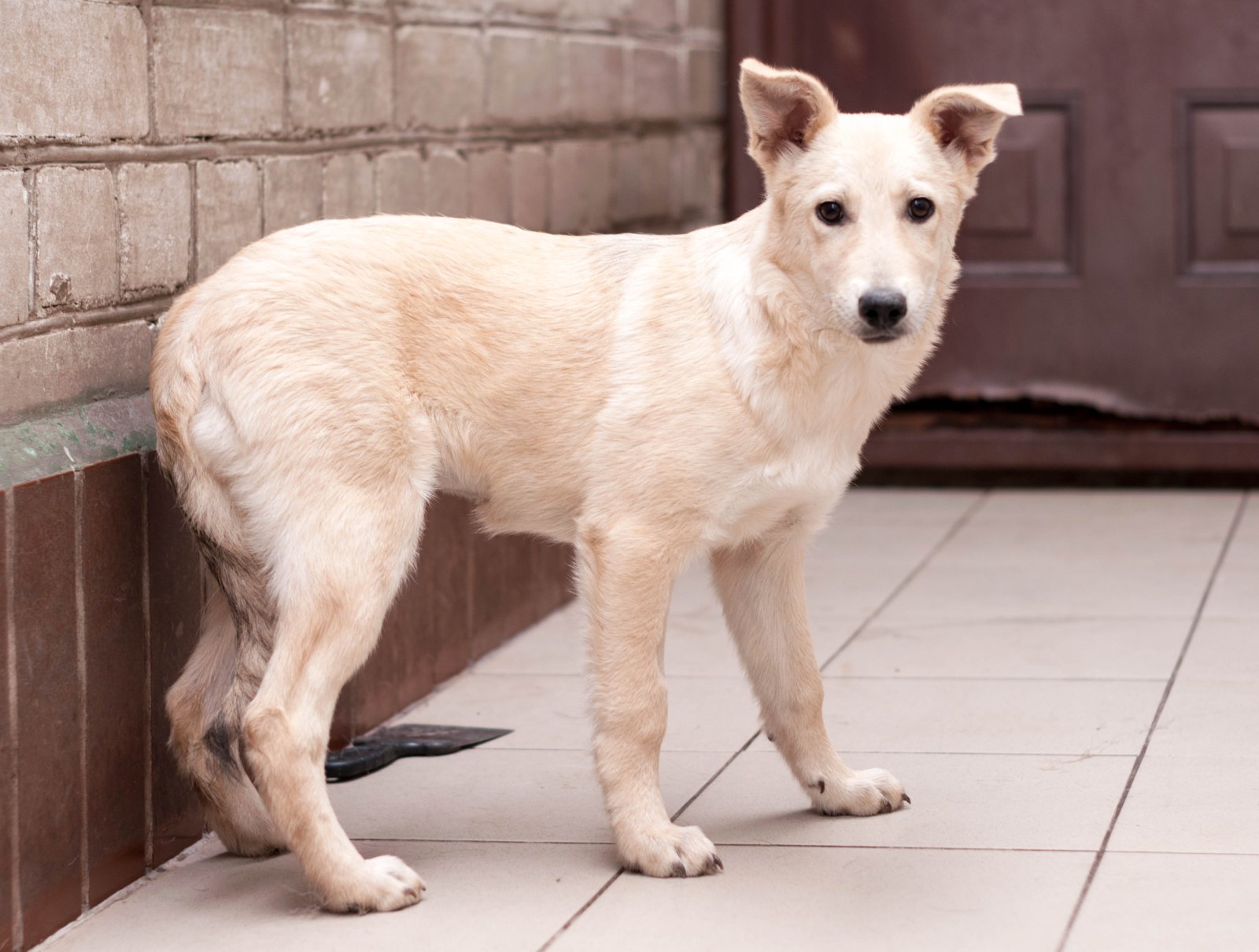
A tail tucked between the legs is a clear sign of fear or anxiety. Something is definitely wrong if you see this.
12. Refusing Food

If your dog refuses food, it can indicate they’re stressed or unwell. This isn’t normal and needs attention.
13. Chewing and Destruction

Destructive behaviour often stems from anxiety or boredom. It’s a cry for help, not just a bad habit.
14. Hiding

If your dog is hiding away, they might be feeling scared or ill. They need comfort and security.
15. Excessive Licking

Constant licking can be a sign of anxiety or a medical issue. It’s more than just grooming.
16. Panting
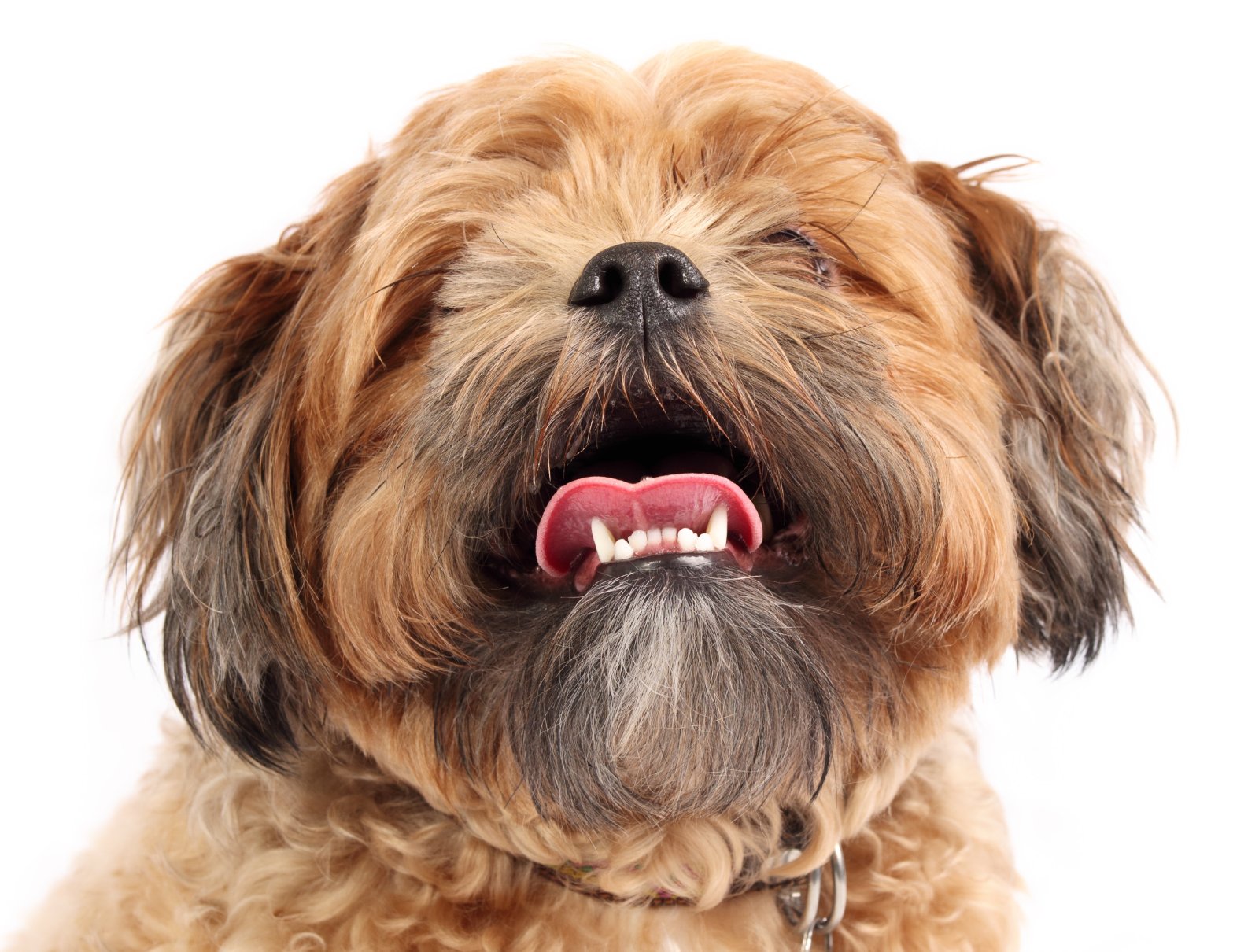
Panting isn’t always about being hot. It can be a sign of stress or anxiety, especially if it’s excessive.
17. Slow Blinking

When your dog gives you slow blinks, it means they’re relaxed and trust you. Treasure these moments of calm.
18. Following You Around
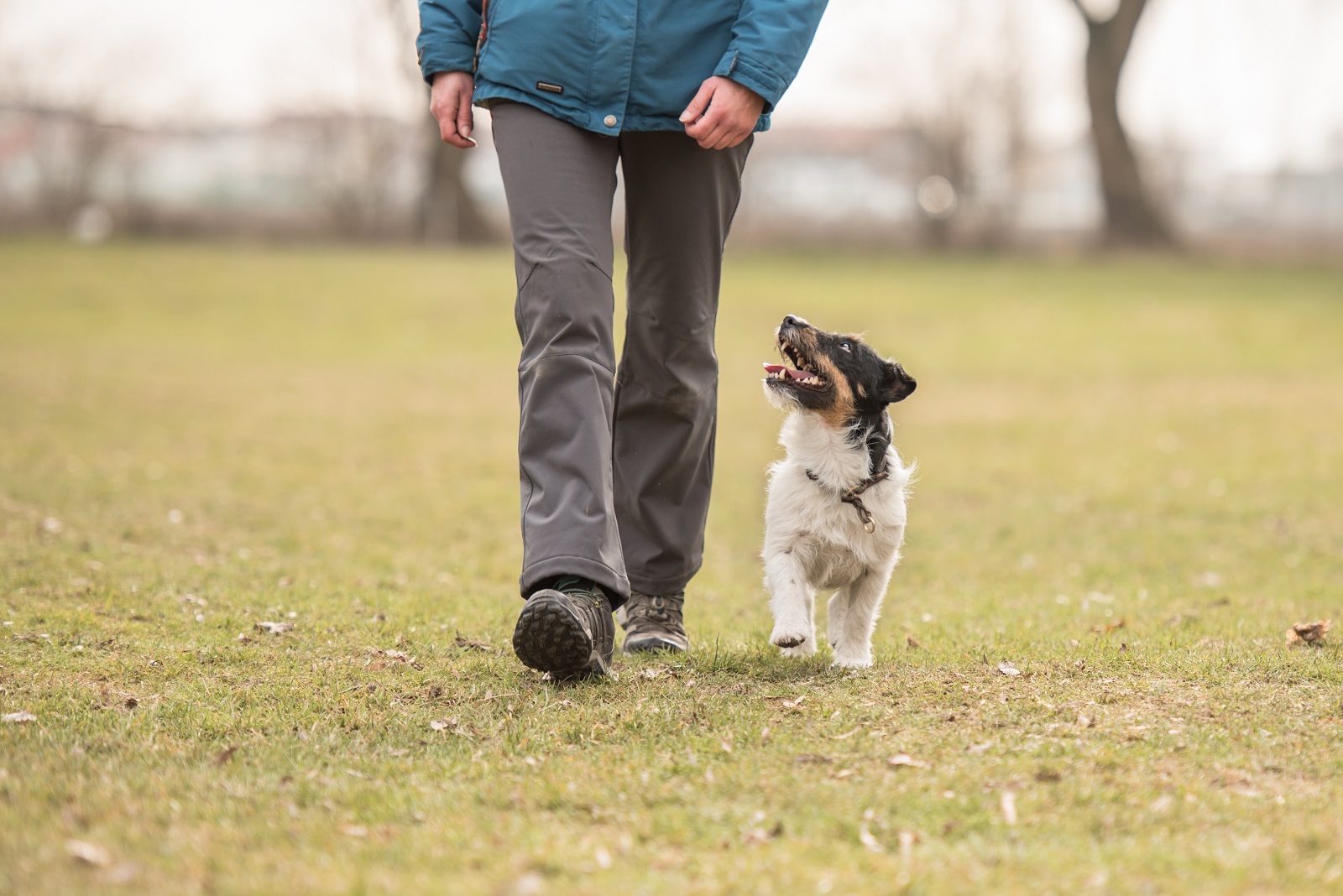
A dog that follows you everywhere feels secure and attached to you. If they stop doing this, something might be wrong.
19. Shivering

Shivering can indicate fear or anxiety. It’s not just about being cold.
20. Low Energy
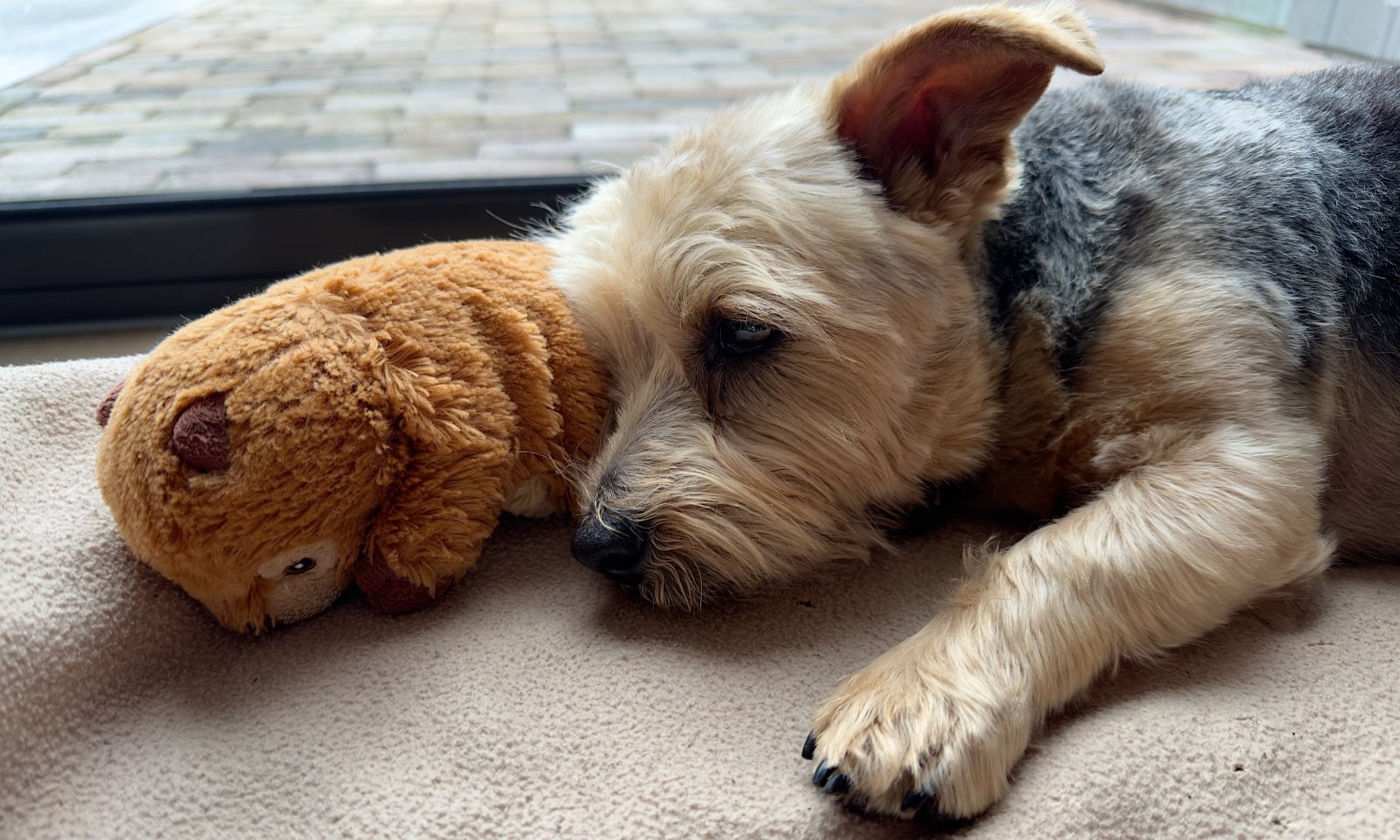
If your dog seems lethargic and uninterested in activities they usually love, they could be sad or unwell.
21. Overly Alert

g overly alert and not able to relax can be a sign of anxiety. Your dog should be able to unwind in their own home.
22. Excessive Drooling
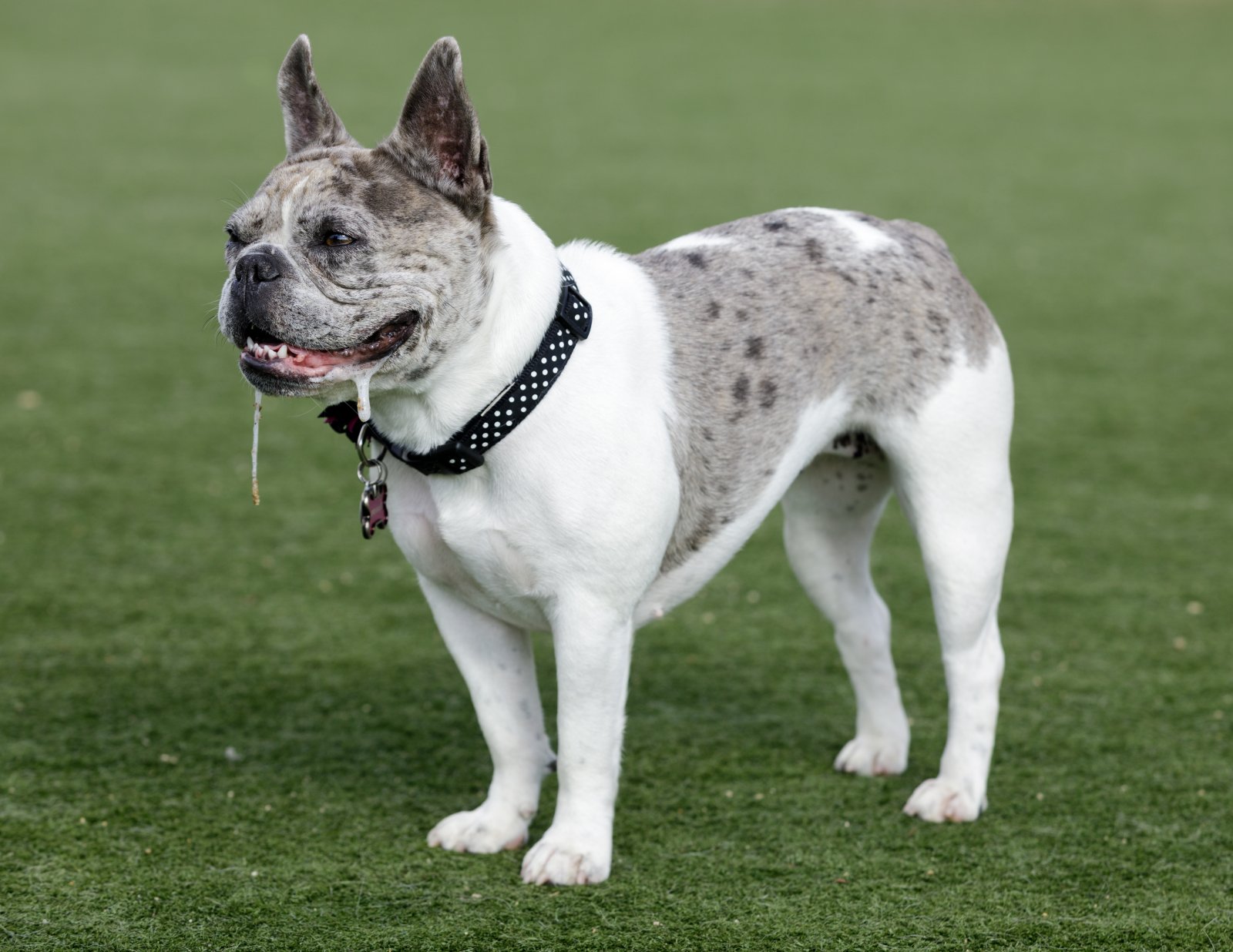
Excessive drooling can be a stress response. If your dog is drooling more than usual, it might be time to look closer at their environment.
Look Closer, Care More
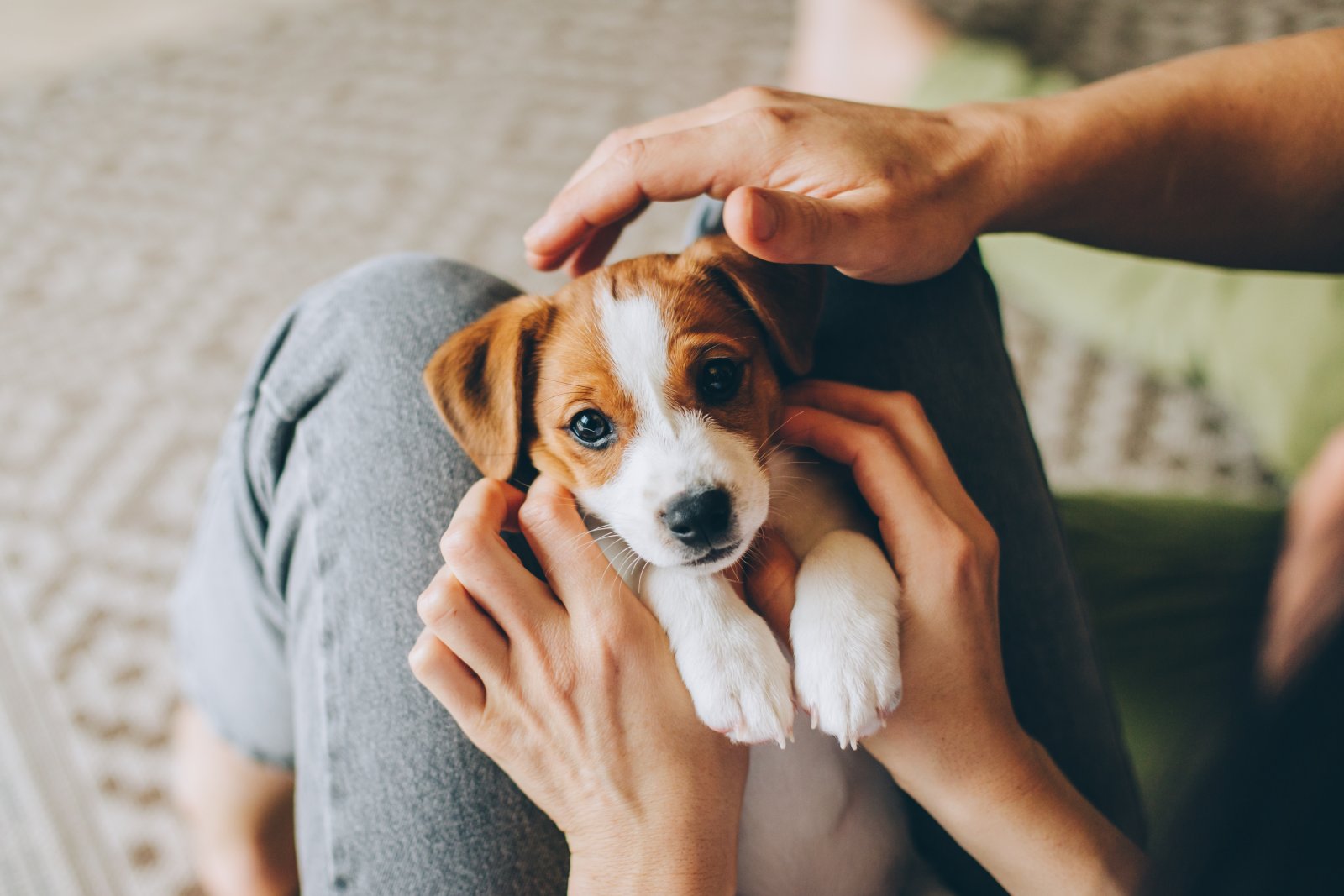
Your dog relies on you to understand their needs and feelings. Don’t ignore these signs; your pet’s well-being depends on your attention and care. Be the attentive, loving owner they believe you to be.
The post Cracking the Code of Dog Emotions: 22 Signs of Happiness, Sadness, or Anxiety first appeared on PawShore.
Featured Image Credit: Pexel / Maksim Goncharenok.
For transparency, this content was partly developed with AI assistance and carefully curated by an experienced editor to be informative and ensure accuracy.

